 Civil Engineering with Computer Application | Electronics and Computer Science | Robotics & Artificial Intelligence |
Civil Engineering with Computer Application | Electronics and Computer Science | Robotics & Artificial Intelligence |
Important Documents For Admission (2025 - 2026)
 Civil Engineering with Computer Application | Electronics and Computer Science | Robotics & Artificial Intelligence |
Civil Engineering with Computer Application | Electronics and Computer Science | Robotics & Artificial Intelligence |
| Degree Awarded | Discipline | Duration | Entry Level | Seats in IIST |
| B.Tech | CSE | 4 years | 10+2 | 180 |
| M.E. | CSE | 2 years | B.E. or B.Tech | 18 |
The Department of Computer Science & Engineering was established in the year 2003 with B.E. (CSE) with an intake of 60 students. Presently the intake is 180. It is amongst very few CSE Departments in Engineering Colleges of Central India that has been accredited twice by the National Board of Accreditation (NBA) in 2013 & 2016. The CSE department offers PG program in M.E. (CSE) since the year 2009-10 with an intake of 18 students. There has been consistent development in all the spheres including infrastructure, staff and student strength. Well-equipped laboratories with high-end computers, high-speed internet (Broadband and Wi-Fi) facility and well-qualified staff members ensure excellent standards of education delivered by the department. Computer Science & Engineering is a dynamic and exciting area that provides excellent career opportunities in various sectors of the society. We are committed to give our students an environment where they develop their critical thinking and problem-solving skills as they advance through the program.
Computer Science is an emerging field which grows and changes very frequently. Fields like Machine Learning, Artificial Intelligence, Data Science, Internet of Things, Cloud Computing, Cyber Security etc. are growing exponentially. With this exponential growth in the recent years, there has been a steadily increasing demand for bright graduates to come in and help to transform areas ranging from data infrastructure to cyber security.
Self-learning is motivated in these special interest groups of the department. Various resources related to student interest are provided in the SIG labs. This learning is mentor by faculties and senior students to provide them an opportunity to work in team.
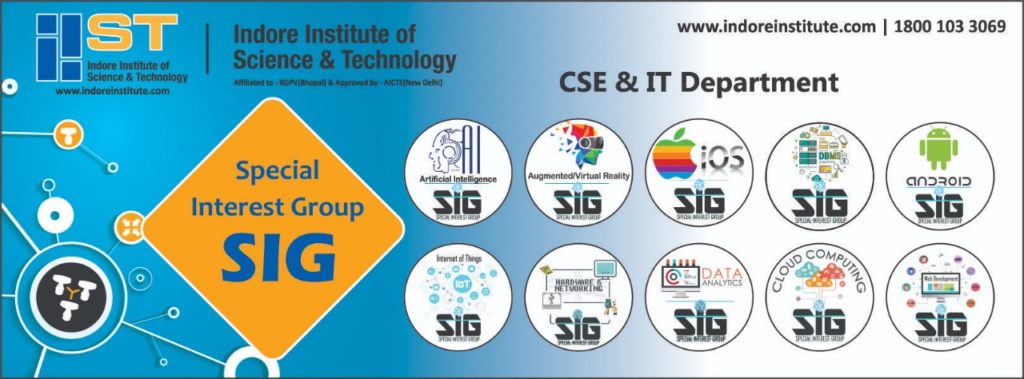
We provide certified skill courses on latest research areas and technologies through our special interest groups (SIG’s)
1. SIG- Artificial Intelligence: The overall purpose of artificial intelligence SIG is to apply different algorithms on raw data so as to allow computers and machines to function in an intelligent manner efficiently. And to evaluate and analyse the patterns of the data. Under this SIG, Students will get chance to implement these algorithm and create artificially intelligence systems.
2. SIG- Augmented and Virtual Reality: The purpose of VR/AR SIG is to understand artificial environment that is created with software for user perception and also to understand how AR works with real world image with extra layers of digital information and to gain better understanding of its wide range of applications.
3. SIG- iOS: Purpose of iOS SIG is to make students develop iOS Applications. With the amount of iPhones in the market, the need for iOS Apps also increases therefore this is the right platform for Students who want to build their career in Mobile app development as individual with their Creative ideas.
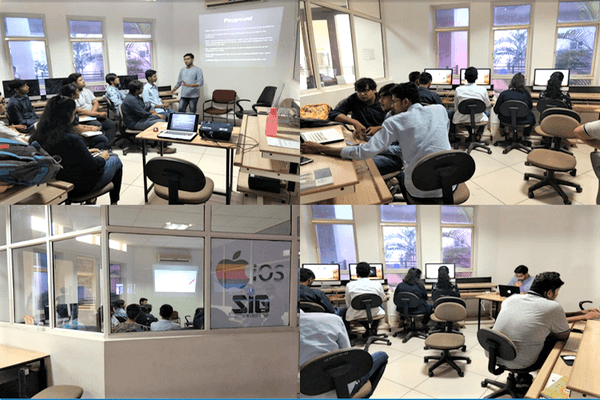
4. SIG- Database Management System: The purpose of DBMS SIG is to learn and practice software tools that organizes data that is to create, retrieve, update and manage data, in systematic way. Under this SIG trainings will be provided on software technologies like SQL, MySQL, Oracle Databases, NoSQL, MongoDB etc.
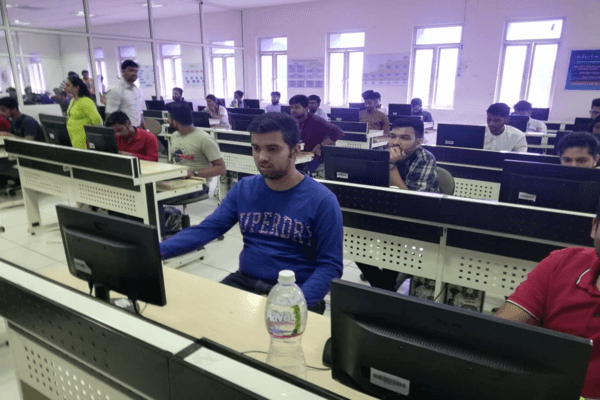
5. SIG- Android: Purpose of Android SIG is to make students understand Android App Development. In this SIG, students will learn the fundamentals of Kotlin, Google’s preferred programming language for Android and build interesting applications. Under this SIG training will be provided which will cover the Android components, tools and technologies like multi-screen Navigation, Android Studio, Intents, Fragments, Widgets, Layout and Ionic to build modern applications.
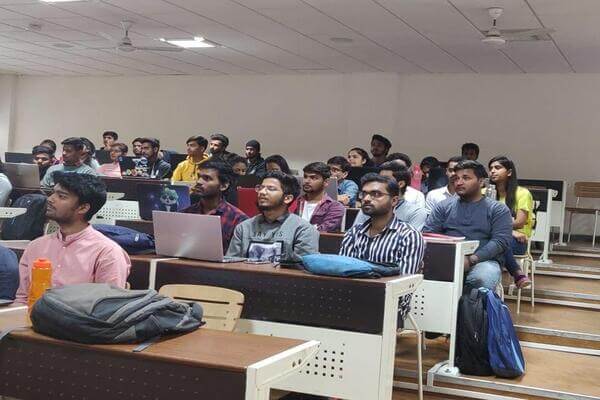
6. SIG- Internet of Things: The purpose is to train students for industry-level projects on IoT by: Organizing workshops/seminars/training/weekend activities for the students. IoT SIG facilitates with all the required equipments for practicising on different modules. These SIG Modules will help students to solve real-world problems and will encourage them to participate in various competitions across the country.
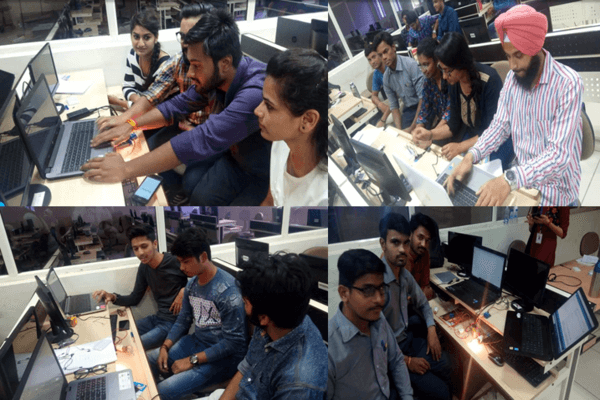
7. SIG- Hardware and Networking: Primary objective of this SIG is to build networking skill and creating a bridge to employment opportunities. Here the students are trained for international certifications like Microsoft, Cisco and Red Hat certifications. Students will learn hardware and operating systems for computer networks and train to upgrade troubleshoot and administer the system which will help them prepare for high-paying jobs. PC hardware/software installation, Networking technologies & concepts, Network administration, Cabling, Cisco router and switch configurations are the key skills focused in this SIG.
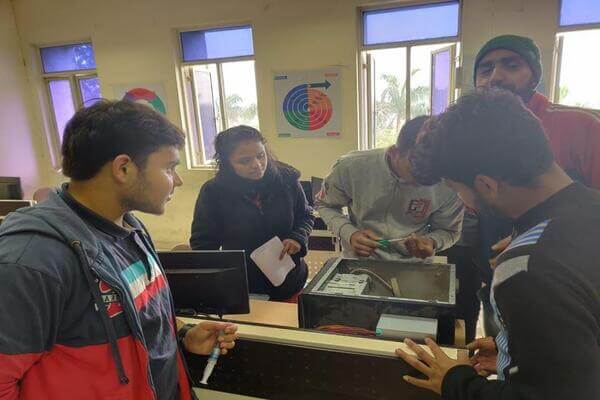
8. SIG- Data Analytics: The major purpose of Data Analytics SIG is to extract useful information from data and taking the decision based upon the data analysis or in simple words to create best out of waste. Here the students are trained to analyse different-different type of dataset and though that understand the pattern of informations that can be derived through that data. Hadoop, R and Python are some technologies which can be used to implement analytics.
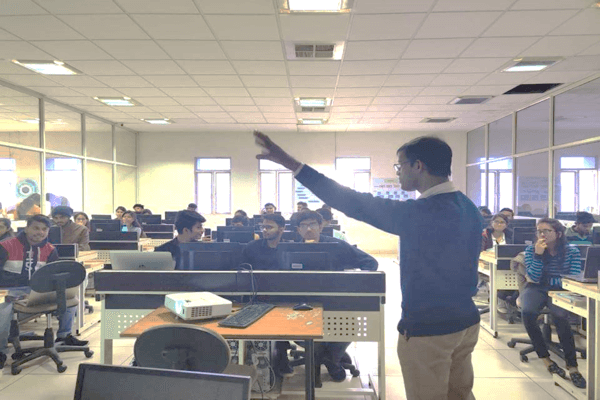
9. SIG- Cloud Computing: Cloud Computing curriculum prepare the students to pursue industry recognized certifications (AWS), and in-demand cloud jobs. In CC SIG, we train students by organizing workshops/seminars/internship. This helps learners explore cloud concepts, use cloud services, handling of security issues, and understand the architecture etc.
10. SIG- Web Development: Web development can range from developing a simple single static page of plain text to complex web-based internet applications (web apps), electronic businesses, and social network services. Web Development SIG gives an opportunity to the students to enhance their skill for web development platform.
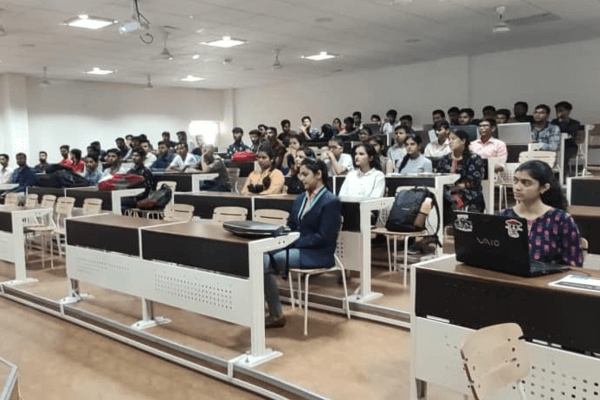
It is an initiative of Ministry of Human Resource Development (MHRD) under the National Mission on Education through ICT. The Department of CSE conducts virtual labs programs organized by different IITs across the country.
Department of CSE & IT is proud to be associated with Developer Student Clubs (DSC) with the selection of DSC lead from IIST. The DSC will conduct in-house training activities for the students to enable them to develop solutions for the local businesses.
IIST is proud to announce that we have been accepted into the AWS Academy program with Amazon Internet Services Private Limited (“AISPL”) and we are now authorized to administer and deliver the AWS Academy Cloud Computing Architecture curriculum.
Department of CSE has signed an MoU with RedHat Academy to conduct in-house training on Core System Administration, Middleware Development, Cloud Computing along with Internships in live projects & certification.
Department of CSE & IT has associated with Microsoft Imagine Academy to offer Microsoft Certified Courses in the areas of Productivity, Web Development, Data Science and Managing IT Infrastructure.

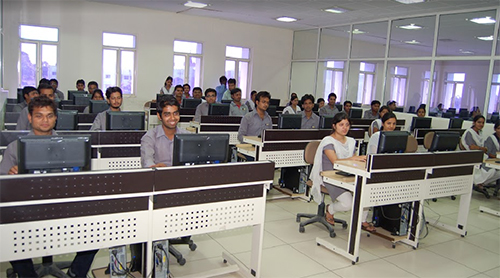
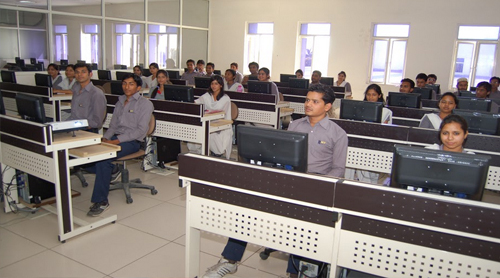
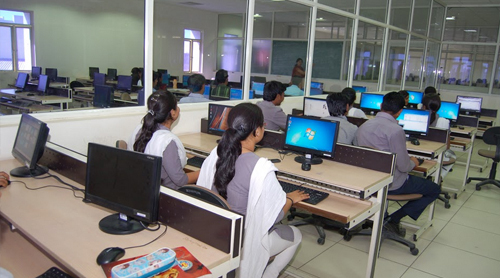
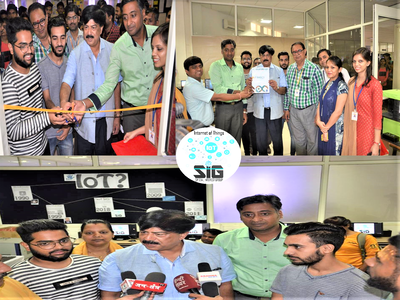
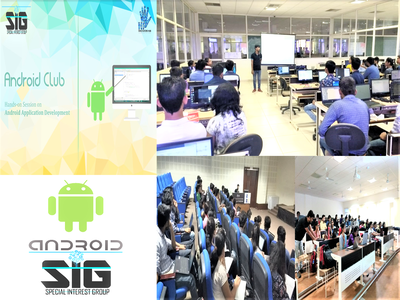
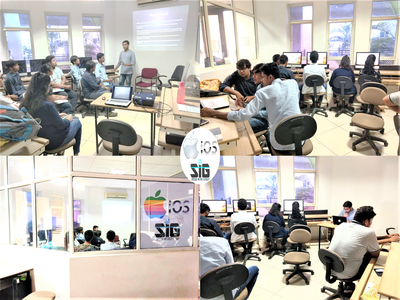
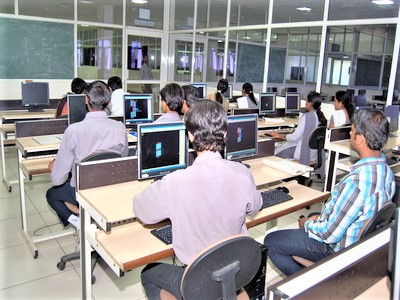
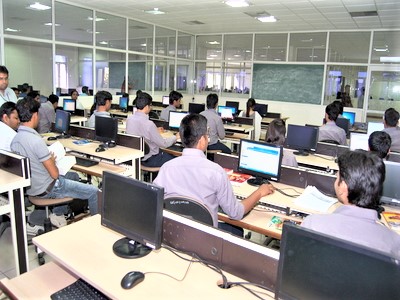
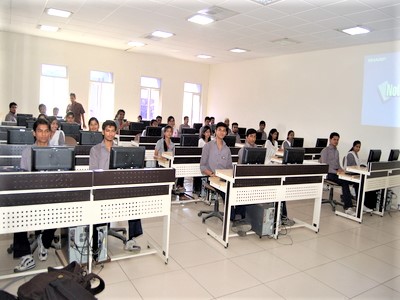
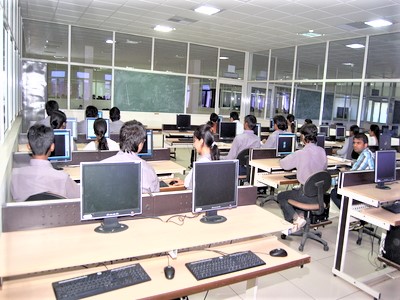
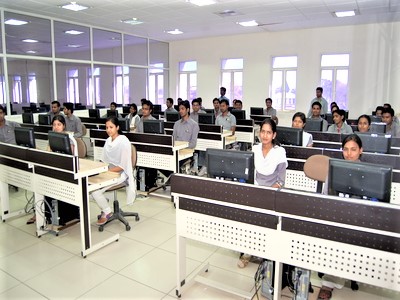
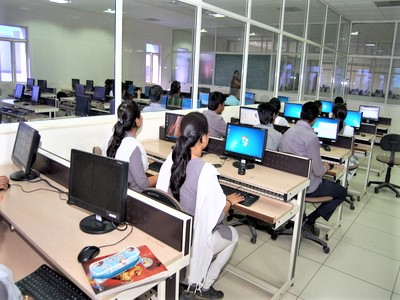
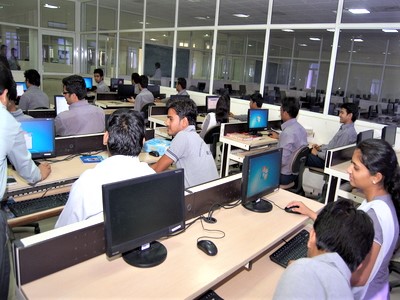
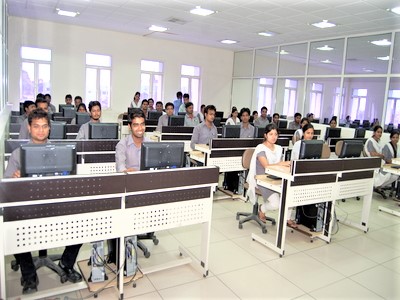
Computers are used in almost every aspect of life: automobile engines, microwave ovens, video games, watches, telephones, laptop computers, medical diagnostic equipment, commercial aircraft, and orbital satellites that deliver cable signals around the world. Computers have become tools that perform the immediate, but that’s not even quick enough. So, while the computer field is one of the fastest growing segments of industry today, it is also one of the fastest changing areas technologically.
Graduates with degrees in computer science or computer engineering might find themselves in a variety of environments – academia, research, industry, government, and private or not-for-profit organizations. On a daily basis, computer professionals are called on to analyze challenges, formulate and test solutions, use advanced communications or multimedia equipment, or work in teams for product development. The opportunities are enormous. However, an education in computer science and engineering does not stop with a college degree. It continues on the job or in the graduate school environment through seminars, conferences, advanced courses, and training.
There are a number of career opportunities available in Computer Science and Engineering sector. These opportunities are increasing exponentially day by day. Following are a few areas where CS aspirants can build their career –
|
Sr. No. |
Name of Faculty | Particulars |
|
1. |
Ms. Sonali Kothari (Tidke) |
· Working as reviewer for International Journal of Information Security and Privacy (IJISP) published by IGI Global.
|
|
2. |
Dr. Veena Khandelwal |
· Awarded with AWS Cloud Practionier certificate awarded by Amazon Web Services in December 2018
· NPTEL Elite Certificate on Machine Learning, Cloud Computing and Data Mining and Analysis using R during July 2018 to October 2018. |
|
3. |
Mr. Nitin Rathore |
· NPTEL online Certification(Elite) on “Introduction to Internet of Things” – April-2018 · Attended One day symposium on “Blockchain Technology” held at SUAS, Indore on 29th Aug’2018 · Nitin Rathore- Attended One day conclave on “Cyber Securi-ty” held at SVVV, Indore on 2nd Feb’2019
|
|
4. |
Ms. Poorva shukla |
· Participated in Designing Learner-Centric MOOC (FDP702x) conducted by IIT Bombay in July 2018. · Participated in Mentoring Educator in Educational Technology (FDP301x) conducted by IIT Bombay in April2018. · MOOC Courses IITBombayX · CS101.2x Object-Oriented Programming · IITBombayX: CS101.1x Programming Basics
|
|
5. |
Mr. Deepak Vishwakarma |
· FDP on “Pedagogy for Online and Blended Teaching –Learning Process” by IIT Bombay, FDP201X, FDP101X. · 2nd National Conclave on Cyber Defence- Sajag 2019
|
Research Publication Session 2018-19
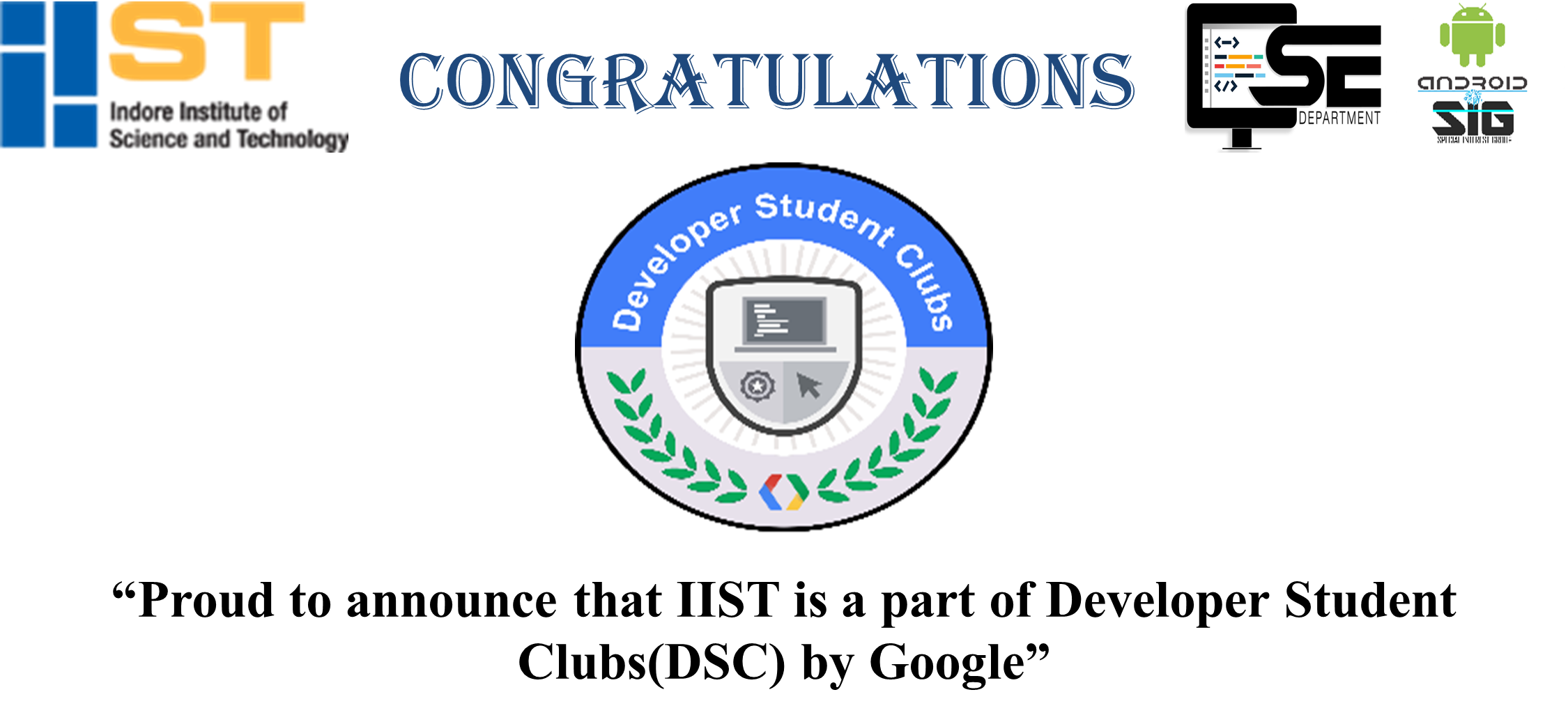
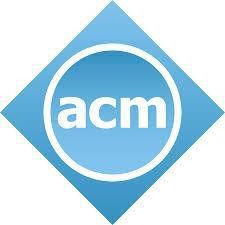 Our students have a variety of opportunities to gain hands-on experience and develop their leadership skills. They work on research with professors, study abroad around the world, pursue internships at leading companies, mentor their peers, and teach younger students about computer science. The student-run chapter of the national Association for Computing Machinery (ACM) provides social, academic, and career support.
Our students have a variety of opportunities to gain hands-on experience and develop their leadership skills. They work on research with professors, study abroad around the world, pursue internships at leading companies, mentor their peers, and teach younger students about computer science. The student-run chapter of the national Association for Computing Machinery (ACM) provides social, academic, and career support. 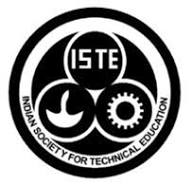
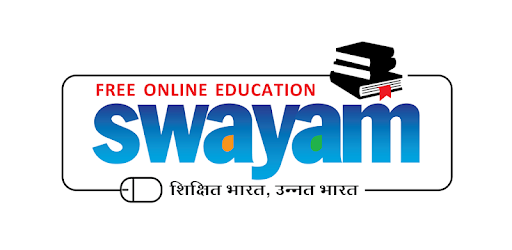 SWAYAM is an initiative by Ministry of Human Resource Development, Government of India. World’s largest SWAYAM MOOCs (Massive Open Online Courses), a new paradigm of education for anyone, anywhere, anytime, as per your convenience, aimed to provide digital education free of cost and to facilitate hosting of all the interactive courses prepared by the best more than 1000 specially chosen faculty and teachers in the country. SWAYAM MOOCs enhances active learning for improving lifelong learning skills by providing easy access to global resources.
SWAYAM is an initiative by Ministry of Human Resource Development, Government of India. World’s largest SWAYAM MOOCs (Massive Open Online Courses), a new paradigm of education for anyone, anywhere, anytime, as per your convenience, aimed to provide digital education free of cost and to facilitate hosting of all the interactive courses prepared by the best more than 1000 specially chosen faculty and teachers in the country. SWAYAM MOOCs enhances active learning for improving lifelong learning skills by providing easy access to global resources.